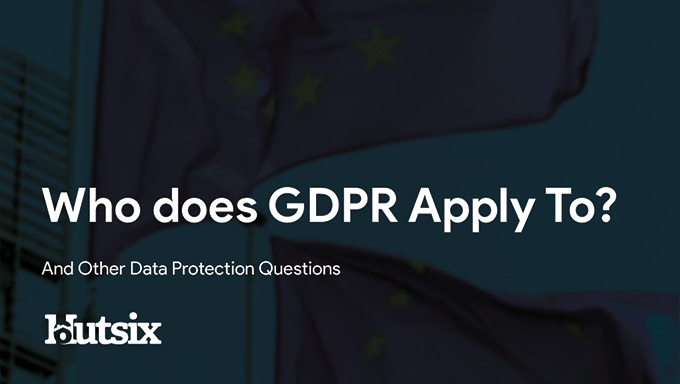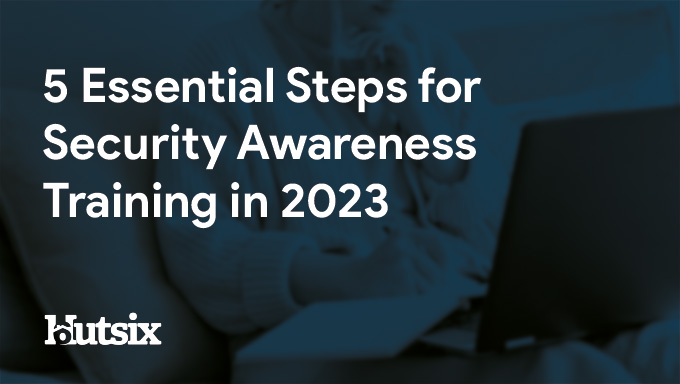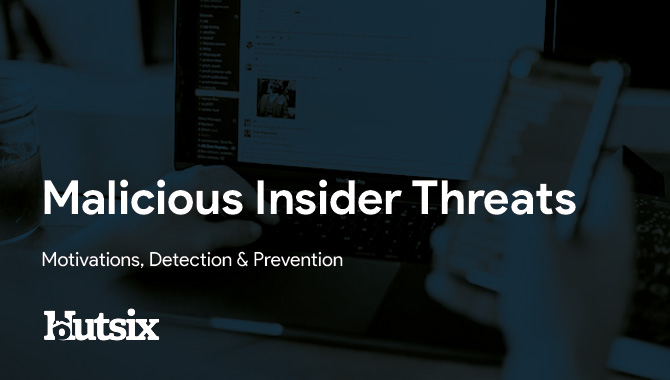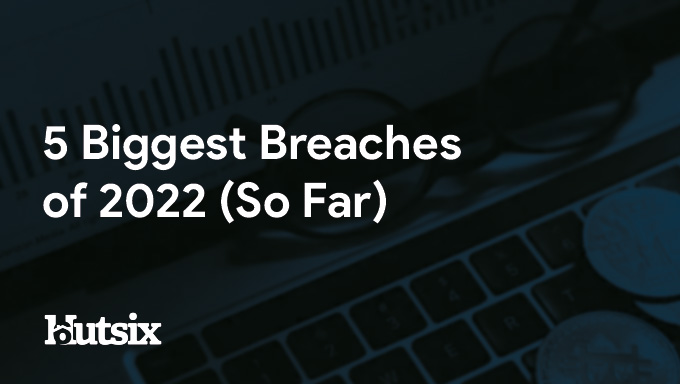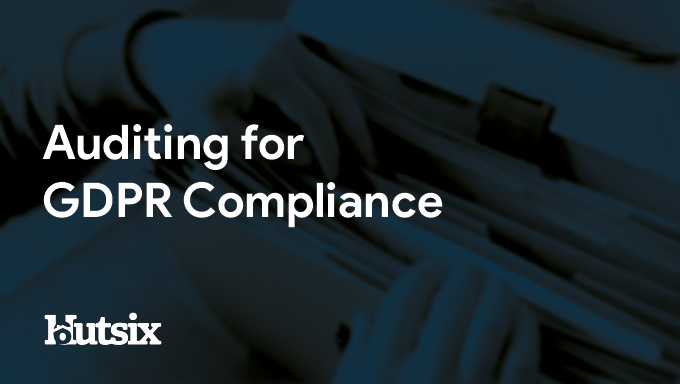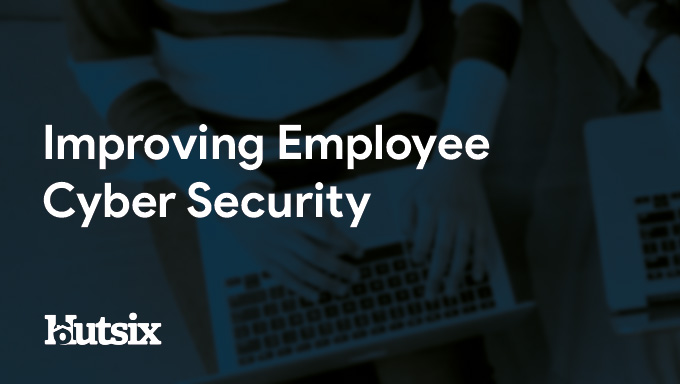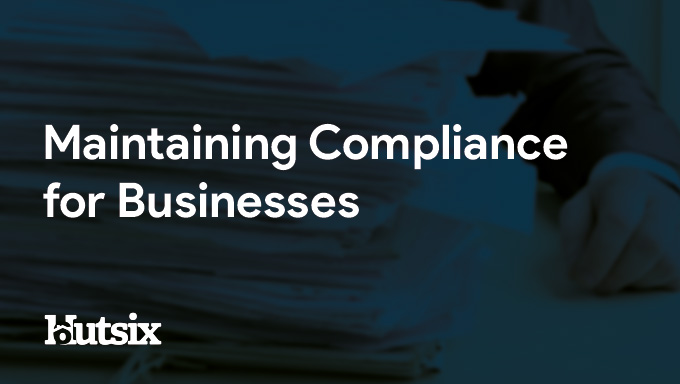What is ISO 27001 Certification and Who Needs it?
What is ISO 27001 Certification?
ISO 27001 (ISO/IEC 27001:2013) is a globally recognised standard for information security management systems (ISMS). Developed by the International Organisation for Standardization (ISO), the standard specifies a framework for managing and protecting sensitive information, including financial data, intellectual property, and personal information.
ISO 27001 certification is the process of demonstrating compliance with this standard through an independent audit, and organisations that achieve certification have shown that they have implemented a comprehensive information security management system that meets the requirements of the standard.
Dating back to the 1990s, when the British Standards Institution (BSI) developed the British Standard BS 7799 for information security management, in 2005 it was eventually adopted as an international standard.
Revised in 2013 to align with other ISO standards, and to reflect the changing landscape of information security threats, today, ISO 27001 is used by organisations of all sizes and industries to demonstrate their commitment to information security and protect their assets from cyber threats.
Achieving certification requires a significant investment of time and resources, but it can provide a competitive advantage and increase customer trust.
Ready to start your journey to becoming compliant?
We can help you - let's have a chat.
Who Needs ISO 27001 Certification?
Any organisation that handles sensitive information, including financial data, personal information, and intellectual property, can benefit from ISO 27001 certification. This includes businesses, government agencies, non-profit organisations, and other entities that handle sensitive data.
While ISO 27001 is not a requirement for all organisations, it can provide a competitive advantage, and certification can be particularly important for organisations that have regulatory or contractual requirements for information security.
For example, US-based healthcare organisations that handle patient data may be required to comply with the Health Insurance Portability and Accountability Act (HIPAA) regulations. ISO 27001 certification can help organisations demonstrate compliance with regulations such as this and avoid costly penalties for non-compliance.
ISO 27001 certification can also be valuable for organisations that want to improve their security posture and protect their assets from cyber threats. The standard provides a framework for developing a comprehensive information security management system that addresses risks and vulnerabilities and can help organisations identify and prioritise security initiatives.
What are the Benefits of ISO 27001 Certification?
Improved Information Security: As previously noted, ISO 27001 provides a framework for developing a comprehensive information security management system that helps organisations identify, assess, and manage risks to their sensitive information. By implementing ISO 27001, organisations can improve their overall security posture and reduce the risk of data breaches and other cyber threats.
Compliance with Regulatory Requirements: ISO 27001 certification can help organisations comply with regulatory requirements for information security, such as the General Data Protection Regulation (GDPR). By demonstrating compliance with regulations, organisations can avoid costly penalties and protect their reputation.
Trust and Reputation: ISO 27001 certification can provide a competitive advantage by demonstrating to customers, partners, and other stakeholders that an organisation has implemented a robust information security management system. This can increase customer trust and confidence, leading to increased business opportunities.
Financial Benefits: Implementing ISO 27001 can help organisations identify and prioritize security initiatives, leading to more efficient use of resources and cost savings. Additionally, by reducing the risk of data breaches and other security incidents, organisations can mitigate unfortunate costs, such as legal fees, remediation, and lost revenue.
The ISO 27001 Certification Process
While the specifics of the certification process will depend on your organisation, industry, and other variables, below are nine steps which are typically part of becoming ISO 27001 certified.
- Scope Definition: The first step is to define the scope of the ISMS that will be covered by ISO 27001 certification. This involves identifying the assets, processes, and systems that will be included in the ISMS.
- Risk Assessment: The next step is to conduct a risk assessment to identify potential threats and vulnerabilities to the organisation's sensitive information. This involves analysing the likelihood and impact of various security incidents and developing a risk management plan.
- ISMS Development: Based on the results of the risk assessment, the organisation develops an ISMS that includes policies, procedures, and controls for managing information security risks.
- Internal Audit: Once the ISMS has been developed, the organisation conducts an internal audit to ensure that it is operating effectively and meeting the requirements of ISO 27001.
- Management Review: The organisation's management reviews the results of the internal audit and makes any necessary changes to the ISMS.
- Certification Audit: The organisation engages an accredited certification body to conduct a certification audit. This involves a review of the organisation's ISMS documentation, interviews with key personnel, and an assessment of the effectiveness of the controls in place.
- Certification Decision: Based on the results of the certification audit, the certification body decides on whether to grant ISO 27001 certification.
- Surveillance Audits: After certification, the organisation undergoes regular surveillance audits to ensure that the ISMS remains effective and continues to meet the requirements of ISO 27001.
- Recertification Audit: Every three years, the organisation undergoes a recertification audit to maintain ISO 27001 certification.
How Long Does ISO 27001 Certification Last?
ISO 27001 certification is valid for a period of three years from the date of certification. After the initial certification audit, the organisation undergoes regular surveillance audits to ensure that the ISMS remains effective and continues to meet the requirements of ISO 27001.
The surveillance audits are typically conducted annually, and their purpose is to verify that the organisation is maintaining compliance with the standard and to identify any areas for improvement.
At the end of the three-year certification period, the organisation must undergo a recertification audit to maintain ISO 27001 certification.
The recertification audit is similar to the initial certification audit and involves a review of the organisation's ISMS documentation, interviews with key personnel, and an assessment of the effectiveness of the controls in place. If the organisation passes the recertification audit, their ISO 27001 certification is renewed for another three years.
It is worth noting that ISO 27001 certification is not a one-time event; it requires ongoing effort to maintain compliance with the standard and to continually improve the organisation's information security management system.
Security Awareness for your Organisation
Enjoyed our blog? Learn more about how Hut Six can help improve you security awareness with training and simulated phishing. Start a free trial now, or book a meeting with one of our experts.
Featured
Who Does GDPR Apply To?
Who Does GDPR Apply To? And Other Data Protection Questions/ Information Security blog by Information security awareness provider Hut Six Security.
Does ChatGPT Pose a Cybersecurity Risk
In this blog post, we explore whether AI chatbots like ChatGPT pose a cybersecurity risk. We delve into the potential vulnerabilities and threats posed by chatbots, and discuss measures that can be taken to mitigate these risks. Read on to discover how you can ensure the security of your organisation's chatbot interactions.
How Do I Get Cyber Essentials Certified?
Learn how to obtain Cyber Essentials certification and enhance your organization's cybersecurity posture with our comprehensive guide. Our expert insights will help you navigate the certification process to meet the requirements for Cyber Essentials.
Essential Steps for Security Awareness Training
Starting a security awareness training campaign? Here are 5 essential steps to help ensure information security success.
Malicious Insider Threats - Meaning & Examples
Malicious insider threats can cause massive problems. Here we examine some of the motivations behind attacks and methods of detection organisations can use to reduce risk.
5 Biggest Breaches of 2022 (So Far)
Five of the biggest and most significant data breaches, hacks, and information security attacks of 2022 (so far).
Auditing for GDPR Compliance
Questions to consider when auditing your business or SME for General Data Protection Regulation (GDPR) compliance.
Improving Employee Cyber Security
With human error responsible for many breaches and attacks, we offer some helpful areas for improving employee security compliance.
5 Cyber Tips for your Business
Essential cyber tips for helping your business or SME improve information and cyber security.
The Benefits Of Maintaining Compliance For Your Business
By maintaining compliance for your business you can ensure operational efficiency, reduce financial risk, enhance public trust, engage your employees and realise your mission.



